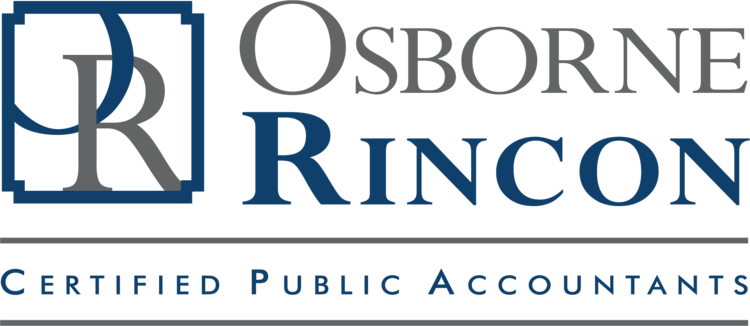In 2012 business owners began receiving Form 1099-K. Many did not know what to do with the form and may have even tossed it out.
Form 1099-K is issued by a payment provider (i.e., credit card company, Paypal, or other payment processing company) to every business which receives payments totaling $20,000 or more in over 200 transactions per year.
The IRS plans to match the 1099-K totals to the gross receipts on your business tax return, and it will decide how much your business should have reported in cash and check sales using a formula based on industry standards. If you reported less than this "grossed up" total you may have to prove your numbers to the IRS.
What does this mean to business owners?
- Save all of the 1099-K forms for your tax preparer so that gross receipts can be verified
- Keep accurate accounting records so that you are able to match receipts to the 1099-Ks you receive, and report refunds, discount fees, and even loans made through a credit card separately - these are deductions from the 1099-K total
- Be prepared to provide proof to the IRS by keeping thorough records of income
Remember that your accountant can help you with more than just tax reporting. They can help you set up an accounting system that will not only meet your reporting needs, but may save you tax money and make communications with the IRS as pain free as possible.
